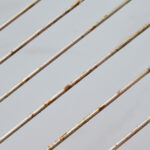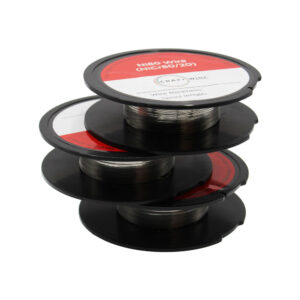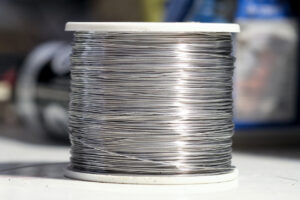In the world of construction, manufacturing, and DIY projects, the debate between using galvanised vs stainless wire is as enduring as the materials themselves. Both types of wire are celebrated for their strength, versatility, and longevity, making them the go-to choices for a wide range of applications. However, when it comes to choosing between galvanised and stainless steel wire, the decision often boils down to one critical factor: durability. This blog post delves into the heart of the ‘galvanised vs stainless wire’ debate, comparing these two powerhouses on various fronts to help you make an informed decision for your next project.
Understanding the Basics: Galvanised vs Stainless Wire
Galvanised Wire
Galvanised wire is made of steel that has undergone a chemical process called galvanisation. This process involves coating the steel wire in a layer of zinc to protect it from corrosion. The zinc acts as a sacrificial layer; it corrodes first, thereby protecting the steel underneath from rusting. There are two main methods of galvanising – hot-dip galvanising and electro-galvanising.
Stainless Steel Wire
Stainless steel wire, on the other hand, is an alloy composed primarily of iron, carbon, and a minimum of 10.5% chromium. The chromium in stainless steel forms a passive layer of chromium oxide on the surface, which prevents the steel from rusting by blocking oxygen diffusion to the steel surface and stops corrosion from spreading into the metal’s internal structure.
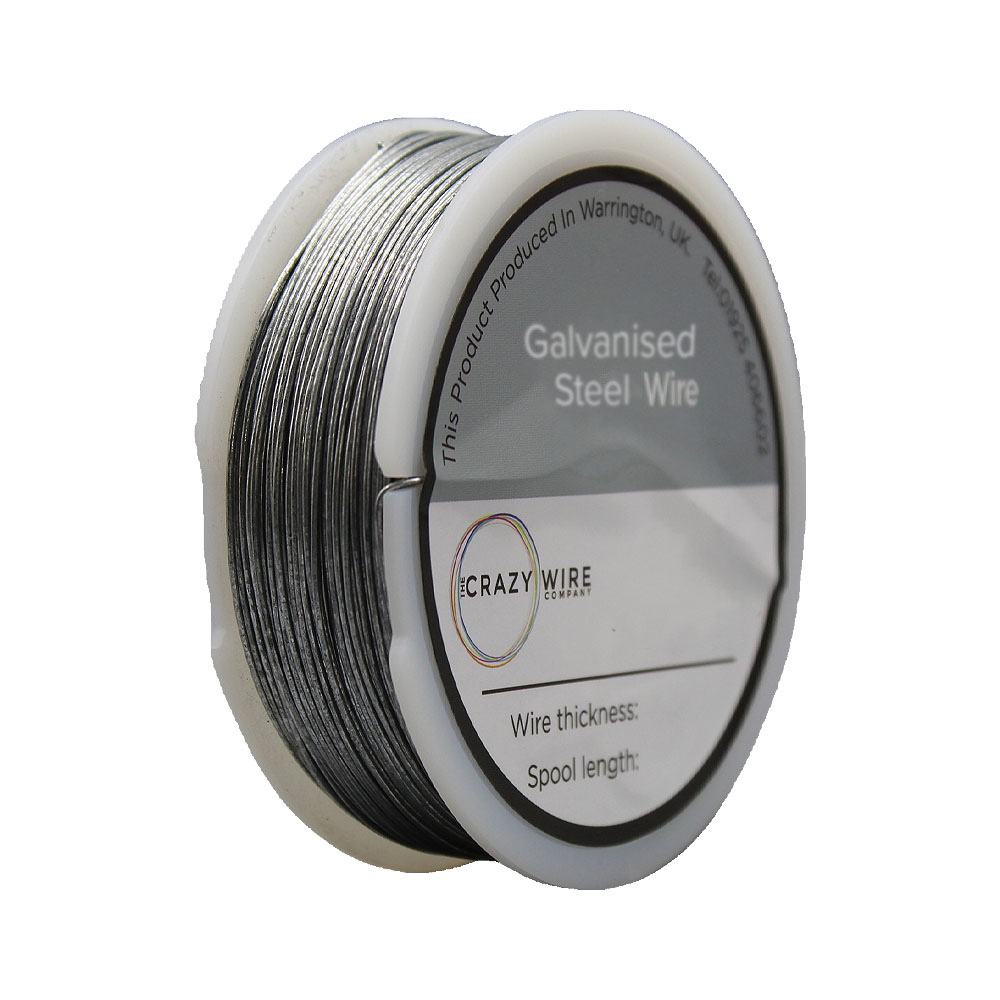
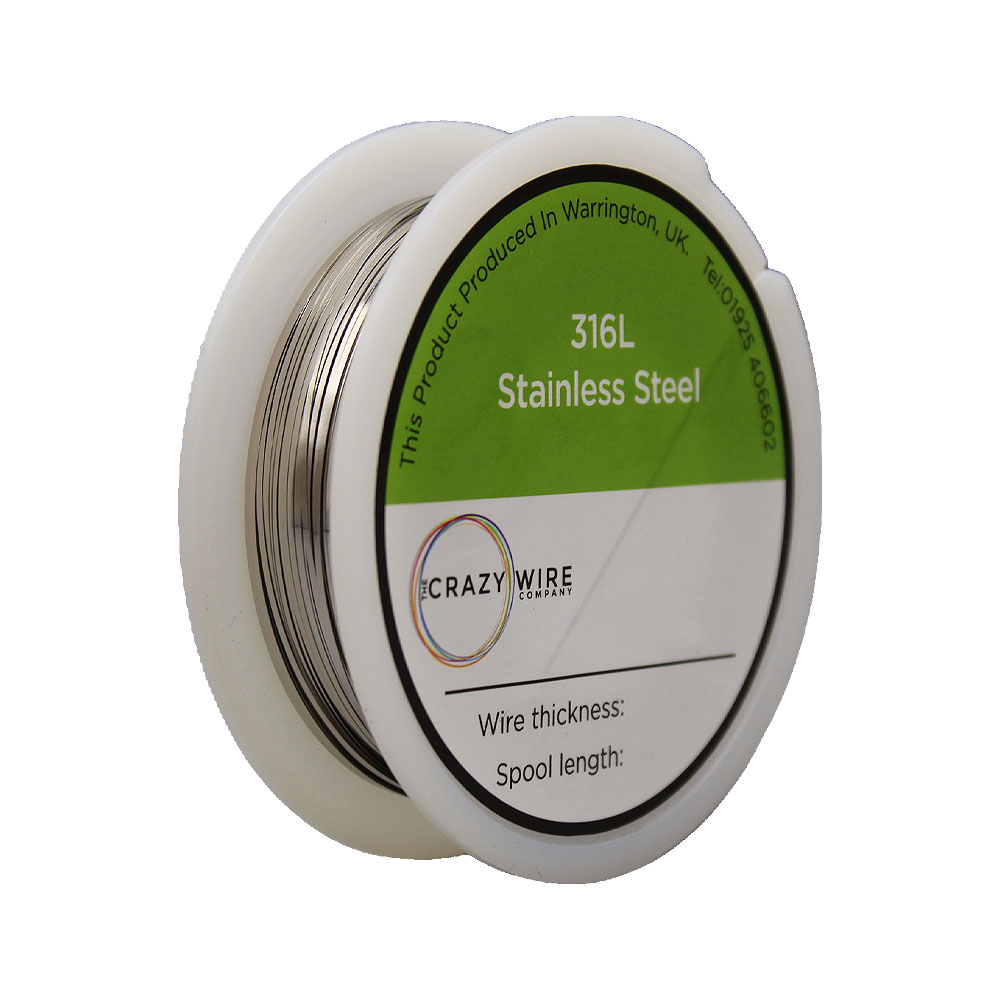
Durability in Different Environments
The core difference in the durability of galvanised and stainless steel wire lies in their resistance to corrosion, which is influenced significantly by the environment they are used in.
Outdoor Applications
Galvanised wire, with its zinc coating, offers excellent protection against rust in outdoor environments. It’s particularly suitable for fencing, outdoor furniture, and automotive parts. However, over time, the zinc layer can degrade, especially in highly corrosive environments like coastal areas with high salt content in the air.
Stainless steel wire, with its chromium oxide layer, excels in environments where corrosion resistance is paramount. Its ability to withstand exposure to a variety of chemicals and harsh weather conditions makes it ideal for marine applications, outdoor architectural projects, and areas with high levels of pollution.
Chemical Exposure
In environments where chemicals are prevalent, stainless steel wire often outperforms galvanised wire. The alloying elements in stainless steel provide resistance to a wide range of chemical agents and acidic conditions, which would otherwise accelerate the corrosion of galvanised wire.
Maintenance and Longevity
The lifespan of both galvanised and stainless steel wire is significantly impacted by maintenance practices. Galvanised wire may require periodic re-coating to maintain its corrosion resistance, especially if the zinc layer has been compromised. Stainless steel wire, while generally more maintenance-free, can benefit from regular cleaning to preserve its aesthetic appeal and prevent surface contamination that could lead to localised corrosion.
Cost Consideration
Cost is a crucial factor in the decision-making process. Galvanised wire is typically less expensive than stainless steel wire, making it a cost-effective option for projects where budget constraints are a primary consideration. However, the initial cost savings with galvanised wire must be weighed against potential maintenance costs and the need for replacement if the zinc coating degrades prematurely.
Below is a table with the pros and cons of galvanised vs stainless wire:
| Feature | Galvanised Steel Wire | Stainless Steel Wire |
|---|---|---|
| Corrosion Resistance | Good, but primarily in less corrosive environments. The zinc coating provides a barrier protection. | Excellent, especially in harsh and marine environments due to its chromium content. |
| Cost | Generally less expensive than stainless steel. Cost-effective for large-scale applications. | More expensive due to the alloying elements like chromium and nickel. |
| Maintenance | May require re-coating over time if the zinc layer is damaged. | Low maintenance, does not require re-coating. Can maintain its appearance and integrity with minimal care. |
| Durability | Good, but can degrade if the protective zinc layer is compromised. | Superior durability and longevity in a wide range of environments. |
| Environmental Suitability | Performs well in environments with low to moderate corrosivity. Not ideal for highly corrosive or marine environments. | Performs excellently in a wide range of environments, including highly corrosive and marine settings. |
| Strength | The underlying steel is strong, but the zinc coating can wear over time, potentially affecting durability. | High tensile strength, maintaining integrity even in demanding conditions. |
| Aesthetic Appeal | Can lose its aesthetic appeal faster due to the potential for the zinc coating to wear or corrode over time. | Maintains its aesthetic appeal longer due to its resistance to corrosion and tarnishing. |
| Application Versatility | Widely used in outdoor constructions, fencing, and automotive parts. Ideal for projects where cost is a significant factor. | Used in more demanding applications such as marine hardware, medical instruments, and architectural details. |
Making the Right Choice
When deciding between galvanised and stainless steel wire, consider the specific requirements of your project. If long-term durability with minimal maintenance in corrosive environments is a priority, stainless steel wire may be the better investment. For projects where budget constraints are significant, and the environmental conditions are less corrosive, galvanised wire can provide a reliable and economical solution.
The Verdict
The galvanised vs stainless wire debate does not have a one-size-fits-all answer. Each material has its strengths and weaknesses, and the right choice depends on the specific demands of your project. By understanding the properties, environmental resistance, maintenance needs, and cost of both galvanised vs stainless steel wire, you can make an informed decision that ensures the durability and longevity of your project.
To learn more about Galvanised or Stainless Steel Wire and other resistive materials, visit our website at www.wireandstuff.co.uk.
Our team is equipped to provide expert advice and high-quality galvanised and stainless steel wire tailored to your specific project needs.
Contact us for guidance on selecting the right wire for your application and to ensure your project’s success.
We offer also a massive range of stainless steel wire and galvanised wire through our store. Choose the wire that you want to work with and we’ll get spooling.
If you’re interested in learning more about wire, check out our other blog on Everything You Need to Know About Wires.
We are also proud to supply this product on our highly popular eBay store, check us out there too.
Thank you for checking out our site.

Nichrome Wire Safety: Top Tips for Working Safely

Best Wire for Electronics Projects

Is Ni80 Wire Suitable for DIY Heating Elements

Wire Grades Explained

How Wire Diameter Affects Strength and Flexibility

How to Cut and Shape Wire for Custom Applications

Can Wire Be Used in 3D Printing?

How Wire Composition Affects Conductivity
